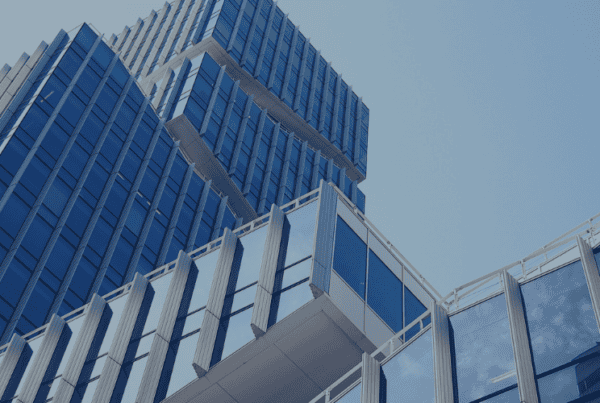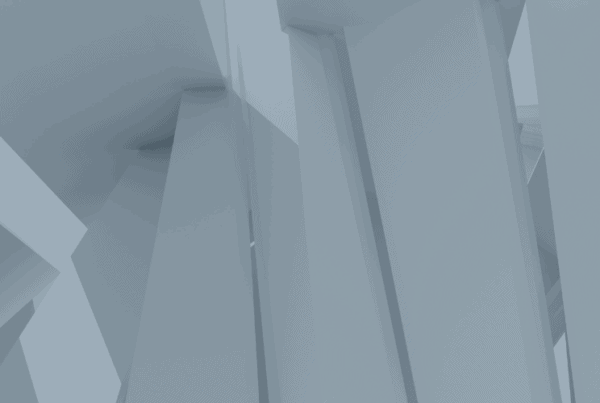As communications and workplace norms continue to evolve, the age-old question of whether to send a thank you note after an interview still arises from candidates at all professional levels. The short answer is yes, it matters, and we strongly encourage it! Don’t just take our word for it, research also shows that recipients of emailed expressions of gratitude are more appreciative than senders expect. With this in mind, learn more about the importance of adopting this habit and our top insider tips to successfully sending a post-interview thank you note.
Why It’s Important to Send a Thank You
- Professionalism: Sending a thank you demonstrates courtesy and that you value the interviewer’s time in the process.
- Relevance: It is human nature to more readily recall recent information. A thank you note is an opportunity to stay top of mind with those individuals who you met during the interview process.
- Interest: In addition to staying top of mind, a thank you note allows you to genuinely express your interest in joining the firm or organization.
- Clarification: Perhaps you received a question during the interview you did not fully know how to answer or would have answered it differently after some additional consideration – a thank you note provides further clarification to any outstanding questions to help bolster your candidacy.
- Connection: No matter how the interview went, a thoughtful message helps you leave a positive impression. Maybe the opportunity didn’t feel like a love connection, and you left the conversation with disinterest in moving forward. That’s okay! However, we still encourage you to send a thank you. It’s a small world, and you never know if you may encounter your interviewer again in the future.
Tips to Write a Thank You Email
Timing: Candidates should send a thank you note (via email) within 24 hours after the interview. We are all busy professionals – consider setting a calendar reminder for yourself to send your thank yous once your interview is scheduled.
• Email vs. Snail Mail: The individualized touch of a handwritten note always makes a difference. However, with more people working from home versus a corporate office, there are additional logistical challenges in obtaining an address for your interviewer. Furthermore, we cannot deny the instantaneous benefit of email communication which makes it a perfectly acceptable format.
Gratitude: No need to overcomplicate your communication! This is an opportunity to say thank you to your interviewer(s) for their time and the opportunity to discuss the position in more detail.
Personalization: Send a thank you email directly to your interviewer(s) and include something specific that you discussed during the interview that intrigued you or stuck with you. This is a wonderful way to demonstrate your listening skills!
• Quick tip: If the interview was conducted as a panel – it is individual preference whether to send the thank you to each panel member separately or to the panel in a group message. In general, if you have a particular commonality with one of the interviewers that does not apply to the others (such as sharing an alma mater), it may be better to craft individual thank you notes.
• Quick tip #2: If you’re using a search firm in your search, ask your recruiter about the protocol for sending a thank you to the interviewers. Most of the time, it is okay to send them directly (as opposed to through your recruiter), but it is recommended to ask and confirm if there is any uncertainty!
Interest: In addition to personalization, capitalize on the opportunity to mention something about the firm (or organization) and position that piqued your interest and link it to why you are interested in the opportunity. It’s also a chance to indicate that you are interested in continuing the conversation.
Concise: A thank you email should be brief and to the point, focusing on your gratitude for the time and opportunity, while also incorporating a couple of specifics to personalize the note.
Alternatively, the absence of a thank you note after interviewing may not cost you the job, but it could place you at a disadvantage compared to those who do send a thank you note after an interview. Just a few minutes spent crafting a thank you after your interview is a proactive, yet simple, way to distinguish yourself from other candidates.

Connect With Us
Get in touch with our team to learn how we help our job candidates make the best possible impression in a job interview – whether in-person or virtual.






